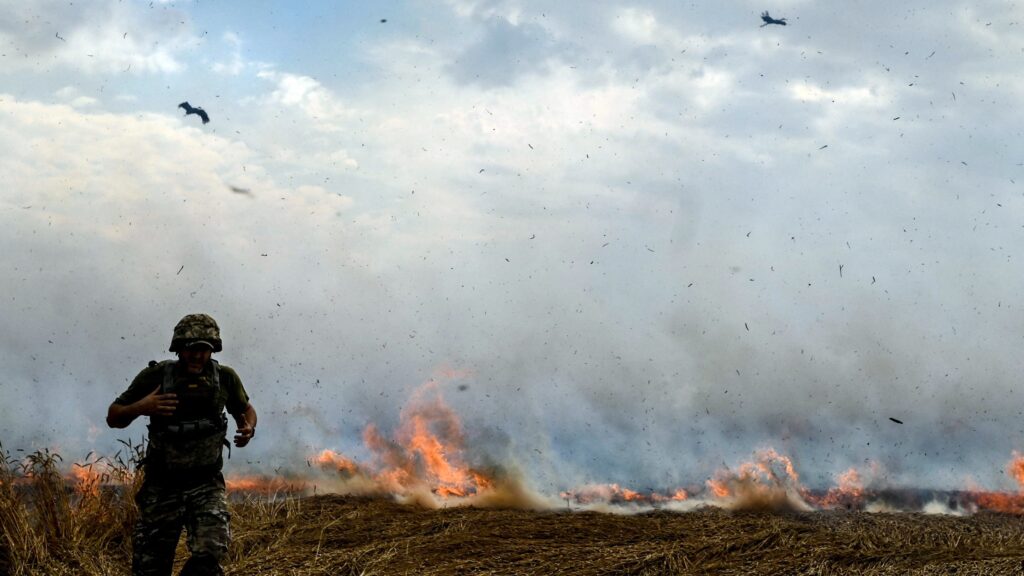
‘Although almost all of Hungary was covered in noxious and harmful air for the entire weekend, so too was more than half of Central and Northern Europe, with countries such as Denmark, Germany, Czechia, Slovakia, Slovenia, as well as Italy also being directly affected by the emanations (wherever they may have come from)….But what is the cause?’
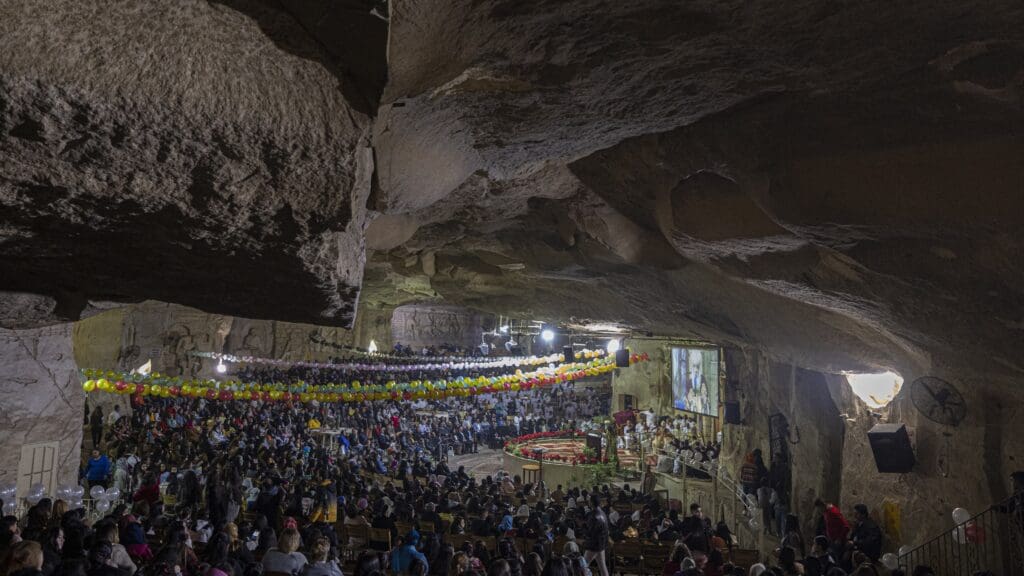
‘Rather than an extremist group exploiting a social media platform to recruit vulnerable people, what took place last week appears to be quite the opposite. Decentralized local communities, far from governmental reach, are utilizing social media platforms to hype themselves up into a state where riotous violence becomes a necessary consequence. The ultimate conclusion to this sad series of events is that Egypt, as a centralized authority, is struggling to monitor these autonomous decentralized social media groups, and therefore these “Islamic vigilantism” incidents may continue to occur.’
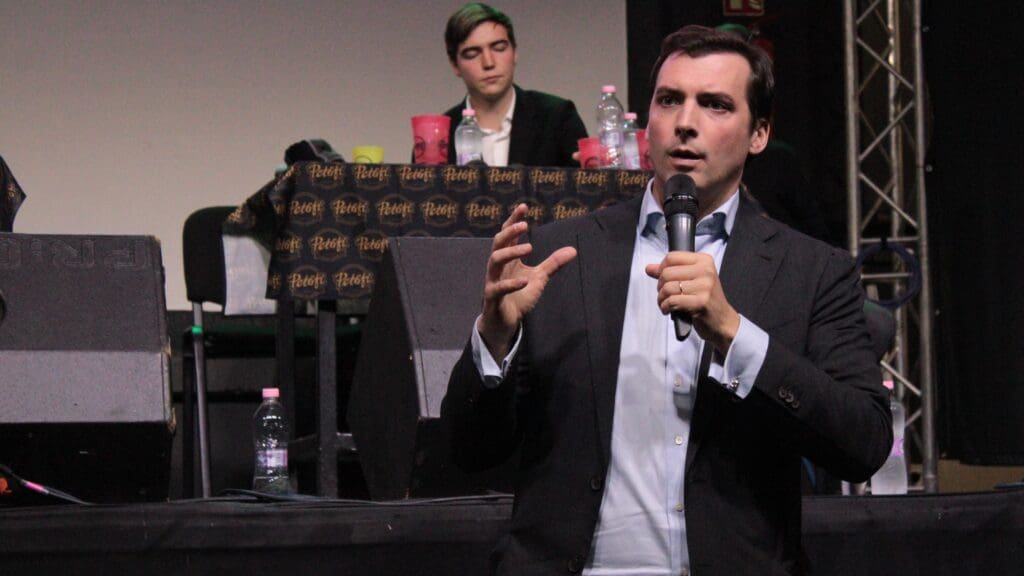
‘We have to rid ourselves of the fundamental cultural Marxist idea that we must destroy European identity at its very fundamentals. That we must destroy the classical nuclear family. We must destroy nations. We must destroy classical aesthetics. We must destroy the Christian faith. That’s wrong,’ says Dutch politician and author Thierry Baudet in an interview with Wael Taji.
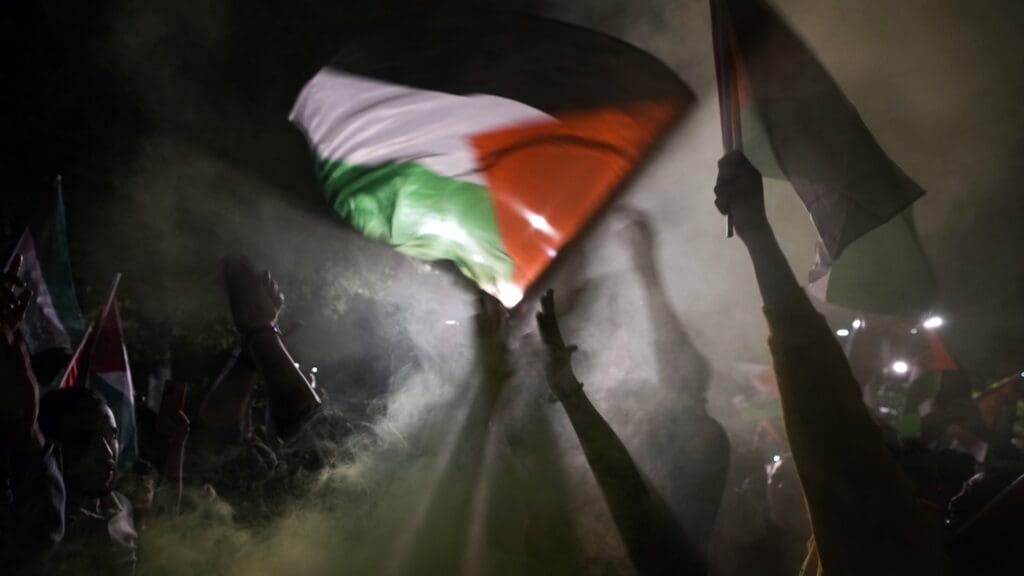
‘In the Britain that is now, just like in every other Western country that has accepted indiscriminate mass immigration from countries with Islamic values, it has become normal to celebrate murder, rape, and terrorism, so long as Israeli Jews are the ones being terrorized.’
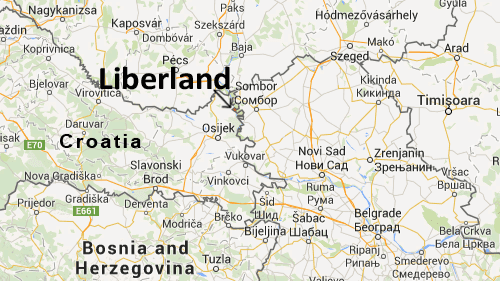
The idea of founding a country from scratch in order to establish a homeland for a nation that does not exist yet is an act that would be seen by most as patently insane. But looking a little further into the past, it should be clear to all that there is indeed such precedent; and a very notable one, in fact: the United States.
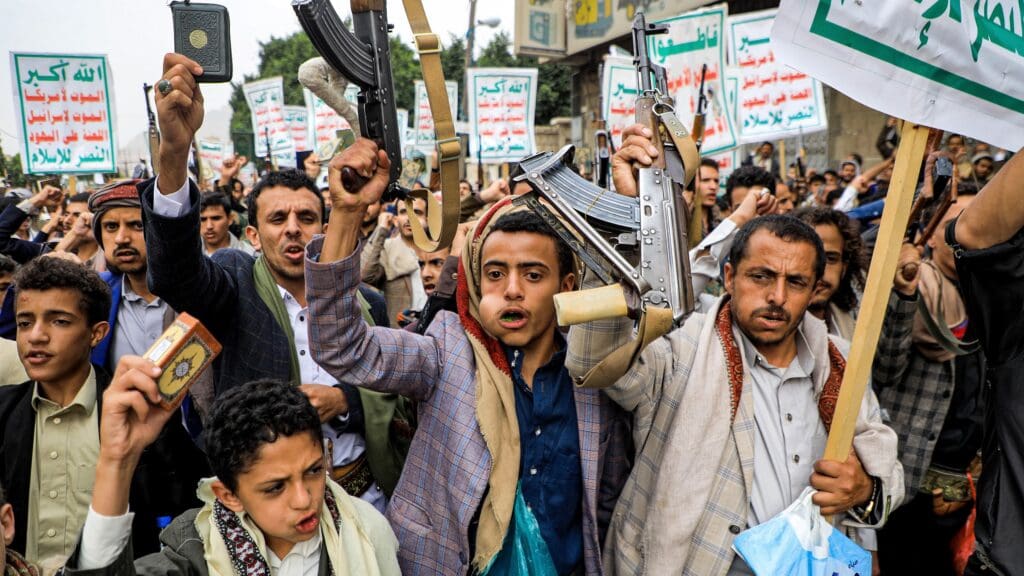
‘By compromising its freedoms of speech and expression as a means by which to satisfy its international partners, Sweden and Denmark are revealing themselves to be far more ruthlessly utilitarian, and far less naïvely socialistic, than most observers might think.’
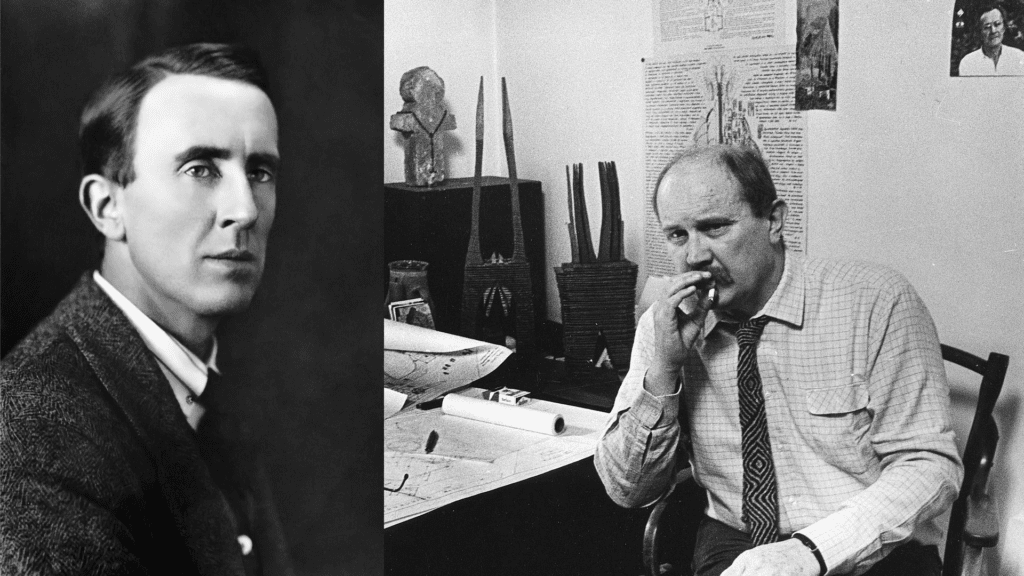
‘J.R.R. Tolkien was an author, and Imre Makovecz was an architect. But while they may be divided by their crafts,
the two men were, I argue, united in spirit.
Both Tolkien and Makovecz saw in the modern world that something had gone awry; that something had been lost. Both figures knew that they could not resurrect the dead, or bring the long-lost past back to life, but they could reimagine it in a way particular to them and the unique talents they possessed.’

Innovation is both a fundamental human activity, and a fundamentally human activity. It is fundamental, insofar as we are compelled by the need to innovate—a need that expresses itself in various ways.
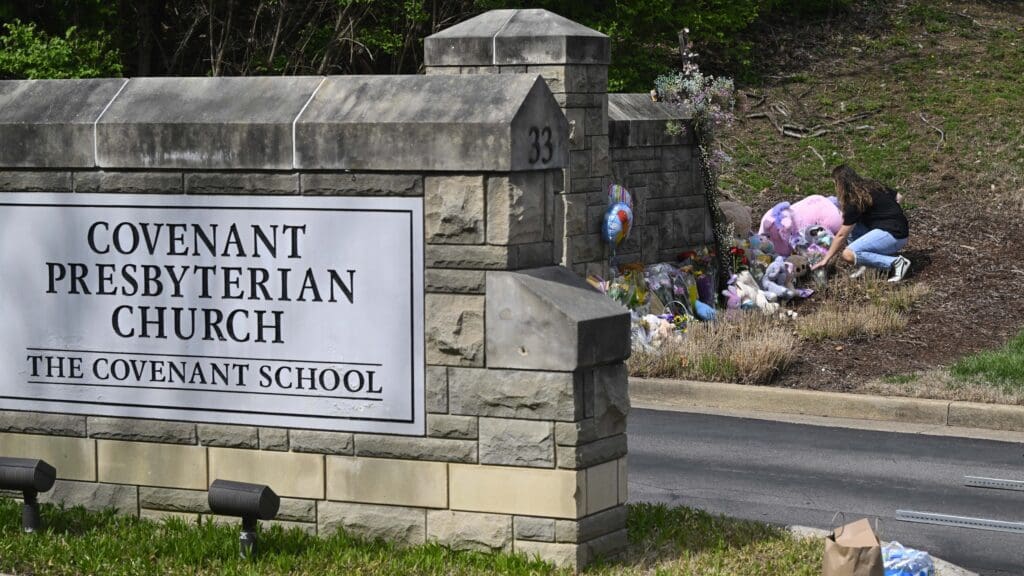
‘It has long been argued that if a society accepts the proposition of gender identity, or transgender identities, as fully valid for individual identification purposes, then all problems will simply disappear. Yet in the United States…we see that the embracing of tolerance and acceptance by a sitting head of state is still not enough.’
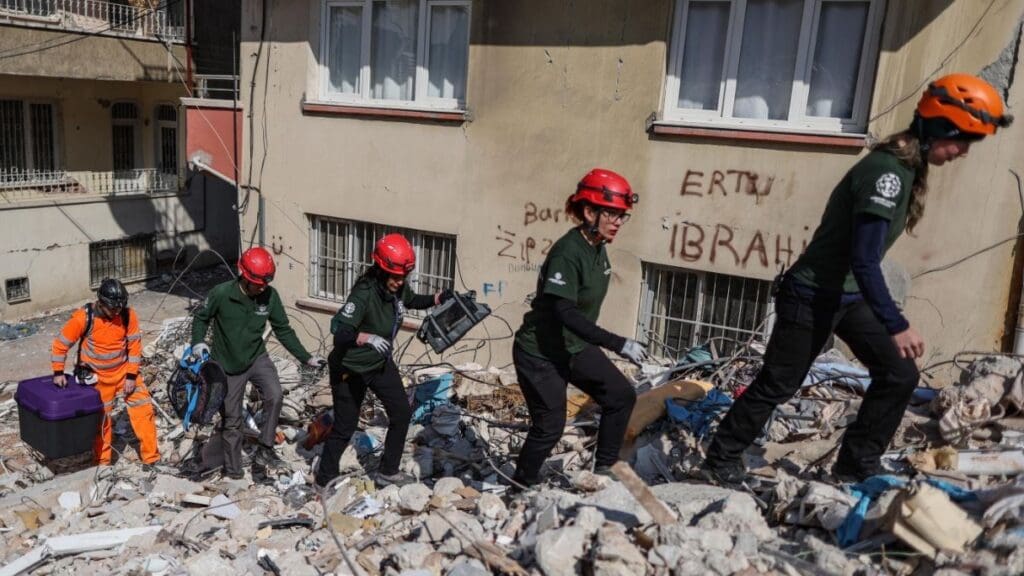
‘For some victims—those killed in the initial impact at 4 a.m. in their homes and businesses—both the story of the disaster and of their lives ended there. For at least 120,000 that survived with injury, or for millions more who escaped bodily harm but are forced to live on with mental scars, shattered livelihoods, or broken families, this quake was merely the opening chapter of a nightmarish story that continues to this day.’
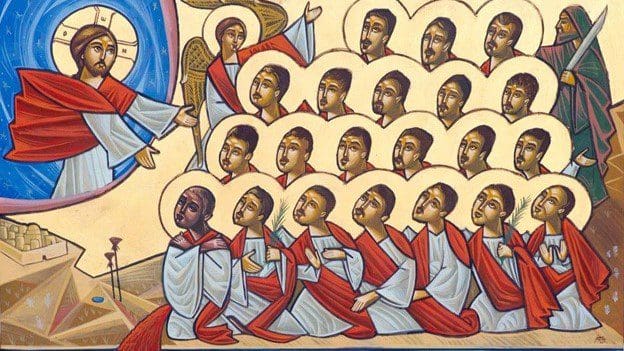
The stoic acceptance of suffering is a virtue highlighted by all Christians, but it is the extreme case of martyrdom where the Coptic Church is arguably distinct from the rest.

This is no ‘journalism’—these are the tactics of the CIA and the KGB described in Cold War history books, played out in the 21st century in domestic contexts.
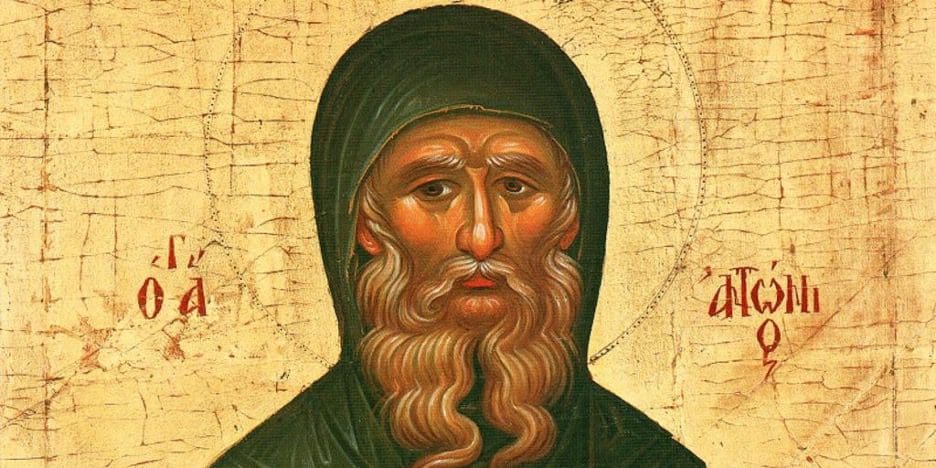
In the second part of our series, we will examine another pillar of the Coptic Church that arguably played an even greater role in the history of Christianity as a whole.
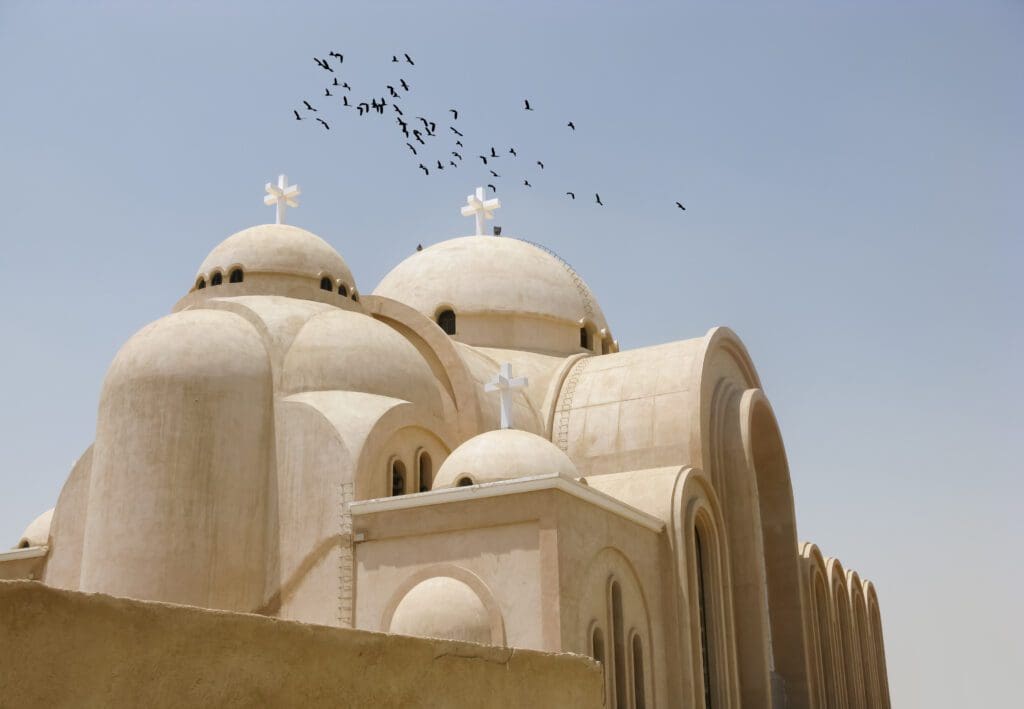
There was a time not too far off in the recent past when very few people in the Western world would have recognized words like ‘Copt’ or ‘Coptic Christian.’ By now the popular awareness of Copts in the Western consciousness has become more consolidated, and their identity more widely recognized.

Doubts expressed about the validity of that science can no longer be entertained, and questions directed toward its emissaries can no longer be answered.
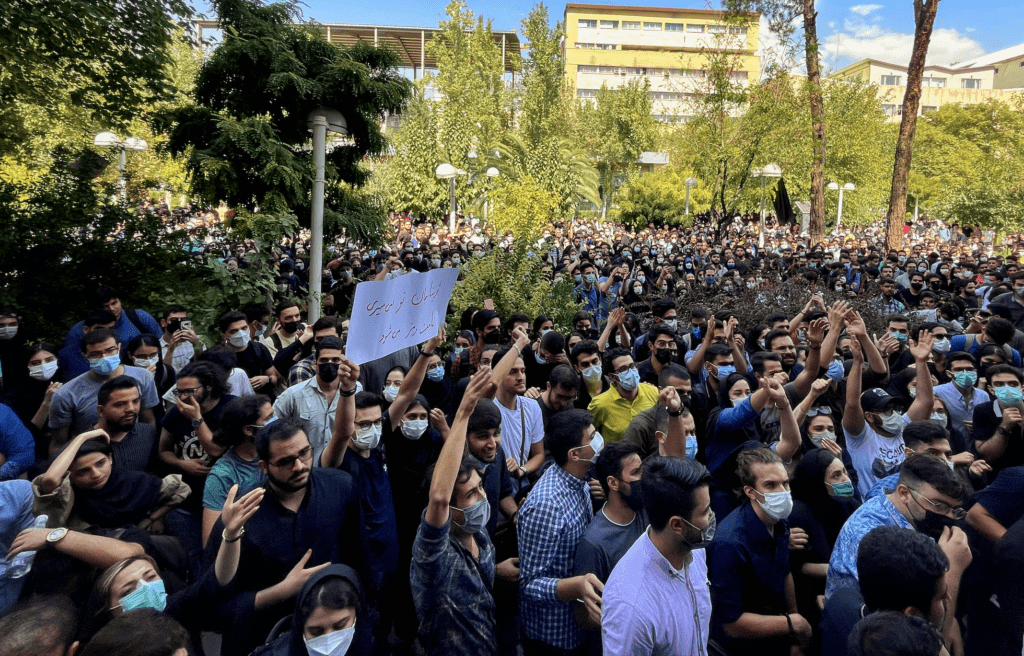
If we are to genuinely understand Iran, we must begin by dispensing with the myths that the Western media has for too long been accustomed to telling.
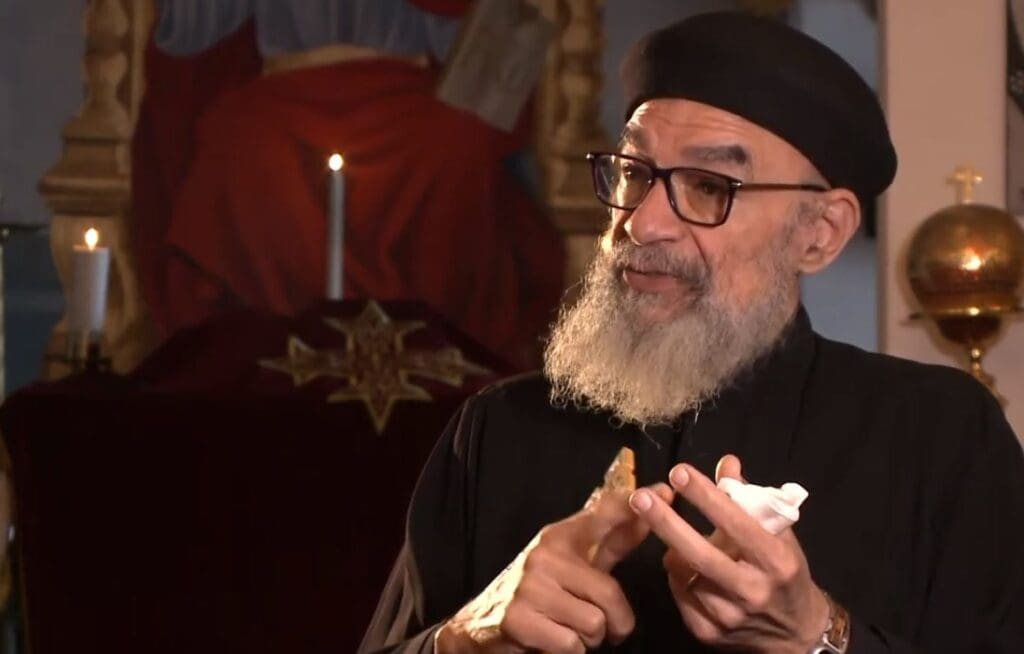
Archpriest Youssef Khalil, leading representative of the Coptic Orthodox Church in Hungary, considers his new home to be a beacon of religious tolerance and freedom. A short walk through history helps to reminds us that we shouldn’t be surprised to hear that.

Hungarian Conservative is a quarterly magazine on contemporary political, philosophical and cultural issues from a conservative perspective.